To celebrate National Milk Day on January 11 we’re raising awareness about the various delicious alternatives to cow’s milk that are now increasing in popularity and are much healthier for you in the long term.
Dairy products have long been associated as being ‘natural’ as they come from a cow. Yet many people are biw struggling to find good health from eating dairy products, and have noted that increased consumption of milk can also have negative effects on their health.
Some of the health problems associated with increased dairy consumption include an increased fracture risk according to a Nurse’s Health Study while research has also associated that eating more dairy can increase the insulin-like-growth factor (IGF-1), a known cancer promoter.
Many people are also discovering they are lactose intolerant – a condition that affects around 75% of the world’s population who are incapable of digesting milk or dairy products properly. The result is stomach cramps, pain, bloating, gas and diarrhoea. While skin issues that may flare up include eczema and psoriasis.
It’s possible to reduce a wide range of health problems by eliminating dairy products altogether. More than ever, it’s possible to now choose from a wide range of plant based milks that are easy to buy or prepare. Not only are they much healthier, but by choosing plant based alternatives, it’s possible to prevent a wide range of health problems associated with lactose intolerance in the long term. Here are some of our favourites…
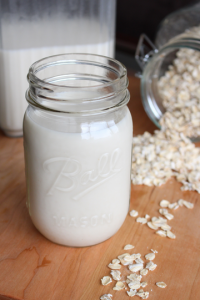 Oat Milk is highly enriched with calcium and vitamins and is a low-fat option compared to cow’s milk. Oat milk contains 36% of the RDA of calcium and one whole serving contains 28%. Along with being a good source of protein and lactose and cholesterol free, oat milk also contains 10% RDA of Vitamin A. Oats are also a rich source of iron providing 10% RDA and are therefore highly recommended for anyone looking to increase their iron intake or those who suffer from anaemia.
Oat Milk is highly enriched with calcium and vitamins and is a low-fat option compared to cow’s milk. Oat milk contains 36% of the RDA of calcium and one whole serving contains 28%. Along with being a good source of protein and lactose and cholesterol free, oat milk also contains 10% RDA of Vitamin A. Oats are also a rich source of iron providing 10% RDA and are therefore highly recommended for anyone looking to increase their iron intake or those who suffer from anaemia.
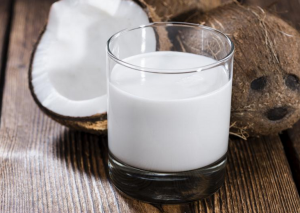 Coconut Milk is made from the milk of coconut flesh and is an excellent source of nutrients. Along with being high in Vitamins B, C, E, B1, B3 and B6, coconut milk is a good source of calcium, iron, magnesium, phosphorus and selenium. Lactose-free and a great source of Medium-Chain Fatty Acids (MCFAs), it is known in particular for being rich in lauric acid that once in the body is converted into monolaurin – an antiviral and antibacterial that can destroy a wide range of disease causing organisms.
Coconut Milk is made from the milk of coconut flesh and is an excellent source of nutrients. Along with being high in Vitamins B, C, E, B1, B3 and B6, coconut milk is a good source of calcium, iron, magnesium, phosphorus and selenium. Lactose-free and a great source of Medium-Chain Fatty Acids (MCFAs), it is known in particular for being rich in lauric acid that once in the body is converted into monolaurin – an antiviral and antibacterial that can destroy a wide range of disease causing organisms.
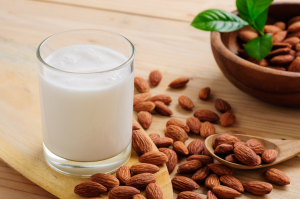 Almond Milk, produced from ground almonds and water, this is a good source of Vitamins A, E, Calcium, Magnesium, Potassium and Riboflavin. Low in protein compared to cow’s milk, it is also free of cholesterol and saturated fats. The fat found within almond milk is much healthier and generally contains fewer calories. Almonds are also known as being good fr the heart and researchers have suggested that substituting nuts for saturated fats can result in a 45% reduced risk of heart disease according to a study published in 1999.
Almond Milk, produced from ground almonds and water, this is a good source of Vitamins A, E, Calcium, Magnesium, Potassium and Riboflavin. Low in protein compared to cow’s milk, it is also free of cholesterol and saturated fats. The fat found within almond milk is much healthier and generally contains fewer calories. Almonds are also known as being good fr the heart and researchers have suggested that substituting nuts for saturated fats can result in a 45% reduced risk of heart disease according to a study published in 1999.
Do you have a favourite kind of plant milk from the ones listed above? Or maybe you like them all? Let us know as we love to receive feedback about our really healthy foods…and which ones you find delicious served on their own or included as part of a recipe.

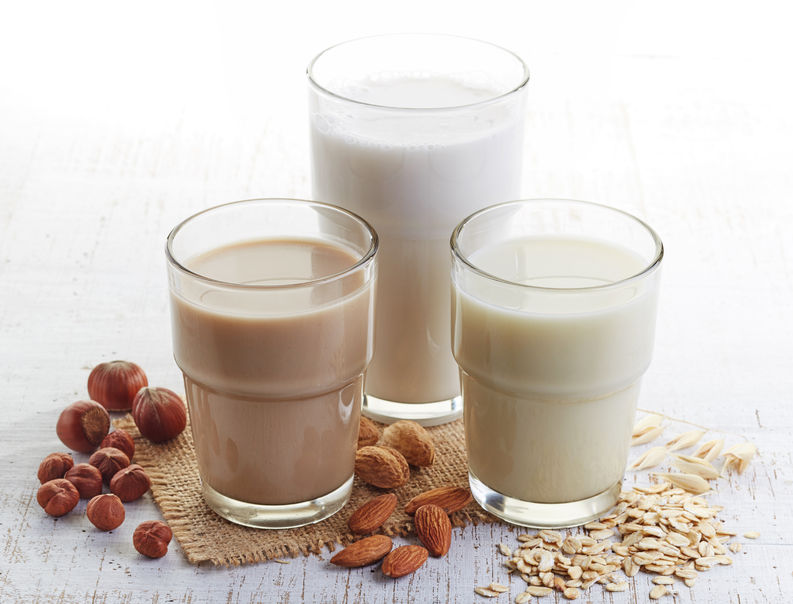

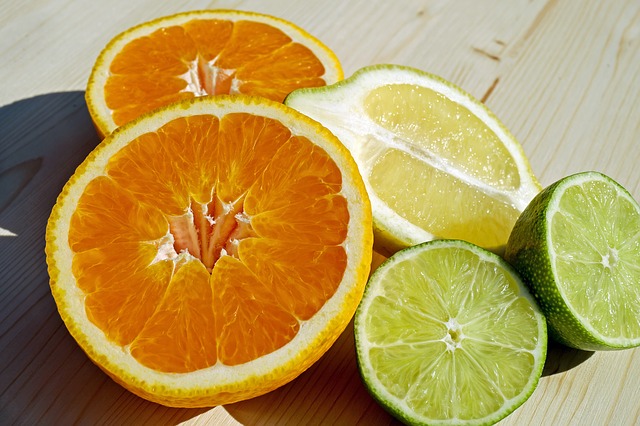


I like all 3 of these milks(coconut, almond and oats). Even tried to make these milks at home because some of the shops brands have too much sugar..
I am surprised to see you mentioning that there is no cholesterol in the different milk alternatives you listed. The cholesterol myth has been discredited, finally, and dietary cholesterol is not in itself a source of any problems. The body, as you know produces around 75% of the cholesterol needed for essential functions, and the rest comes from diet. If one gets more cholesterol from the diet then the liver produces less. Cholesterol is essential for humans and is found in all cells especially in brain cells. This information is finally arriving but it slowly trickling down to general public, GPs etc. People need to be disabused of the erroneous information which has been promoted every since Ancel Keys introduced his diet-Heart hypothesis and his manipulation of the data by only basing his theory on seven of the 20 countries he studied. Also Humans have always had animal fats in their diet and they are not in themselves harmful, except when oxidised, for example, in overcooking such as in barbecues.
I spotted that also, thank you for highlighting it, jude
Well said Les. You know your stuff!
I am surprised you recommend Oat milk when you and your coaches recommend a grain free diet.
How is this justified?
You can use Sprouted Oats and they are a much healthier and nutritious choice.
Yes, I use sprouted Oats for porridge but all the Oat milks I’ve seen are not sprouted.
So there a seems to be a conflict in the advice here.
Hi Steve, for health and sustainability, a more plant-based diet is becoming a more popular option, and although oat milk is higher in carbs that other non-dairy milks, it can be a better option for many than dairy milk, which is what the article was highlighting. It may not be a good choice for everyone, but it is one of the alternatives out there for information purposes.
Hi Lindsay, I can see the comparison with animal milk and welcome the move towards a more plant based diet.
The recommendation lacks the balance of the fact that it contains carbs, which is not a good choice for anyone who is following your no grain advice. Which Robert Redfern feels everyone should follow.
we have enjoyed listening to you this afternoon and we would like to know what foods we should be avoiding. We are fairly healthy, walk regularly and we eat a fairly good diet.
Look forward to hearing from you.
Regards Pat and Sue
Hi Patricia, we recommend avoiding all starchy carbs and sugary foods for best health. In particular, we recommend a vegan ketogenic diet. You can find plenty of healthy recipes here: https://reallyhealthyfoods.com/